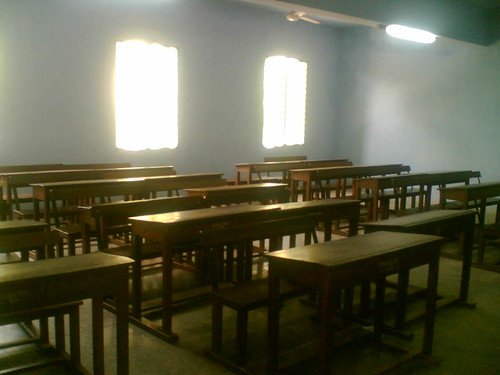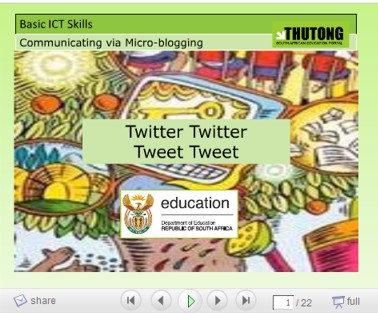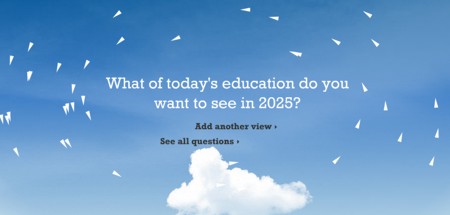
Photo by Thiyaga on Flickr
In his post The added value of networking, Will Richardson quotes Greenhow in a Harvard Graduate School of Education magazine editorial entitled “Thanks for the Add. Now Help Me with my Homework.” , who says that the kind of skills students are developing on social networking sites are the very same 21st century skills that educators have identified as important for the next generation of knowledge — empathy, appreciation for diversity of viewpoints, and an ability to multitask and collaborate with peers on complex projects’.
And yet skills are not the kind of thing that most people would expect to associate with Facebook or MySpace. Online socialising, maybe, wasting time, perhaps, collection of too many ‘friends’ who couldn’t possibly be real friends, definitely, and what about inappropriate language and photos? Isn’t this how most responsible people view social networking?
Surprisingly for many, and difficult to believe for most, is the fact that social networking has opened up a range of much more interesting possibilities for young people. Will quotes Greenhow saying that
most students use the medium to reach out to their peers for emotional support and as a way to develop self-esteem. One student created a video of his intramural soccer team to entice his friends to come to his games. Another created an online radio show to express his opinions, then used Facebook to promote a URL where friends could stream it live, and then used one of Facebook’s add-in applications to create a fan site for the show.
Recently our Head of English has decided to use Facebook to engage our year 12 boys in a discussion of their texts, as well as provide a platform for general questions about English skills. I’ve mentioned this in a previous post. What a brilliant idea! The boys are already on Facebook in their free time, so why not use the groups application in Facebook? What has ensued is an intelligent and stimulating collaborative discussion, in which the teacher comes in to stimulate discussion and answer questions only inasmuch as all this hasn’t been taken care of by the boys. There’s something to be said for this kind of discussion where everyone can comment, taking their time to think, not being interrupted or intimidated by others, or being able to re-read comments for clarification and review.
The Facebook project obviously had to go through the correct procedures before starting, eg. parent approval, and presentation and justification to the principal. This process is a good way to inform the school community, as well as clarify the teacher’s own reasons to support teaching and learning.
The relationship between the teacher and the boys would be strengthened, I imagine, following the Facebook group project. A teacher coming across to the students’ preferred way of communicating could only be seen as positive. The tone of the conversation is friendly, open, encouraging and often spiced with humour. The divide between teacher and student is diminished, as the teacher becomes more approachable. I think students would also appreciate the fact that the teacher is taking the time to interact with them after hours.
I only wish that somehow parents could see the valuable conversation that is taking place, so that they would understand the value of such a project, but I doubt that these students would enjoy their parents having access to their Facebook accounts!
What were those networking skills again? Empathy, appreciation for diversity of viewpoints, and an ability to multitask and collaborate with peers on complex projects. Students supporting and encouraging each other; learning to respect others’ viewpoints, working together to explore ideas and understandings. Not bad skills for life…




